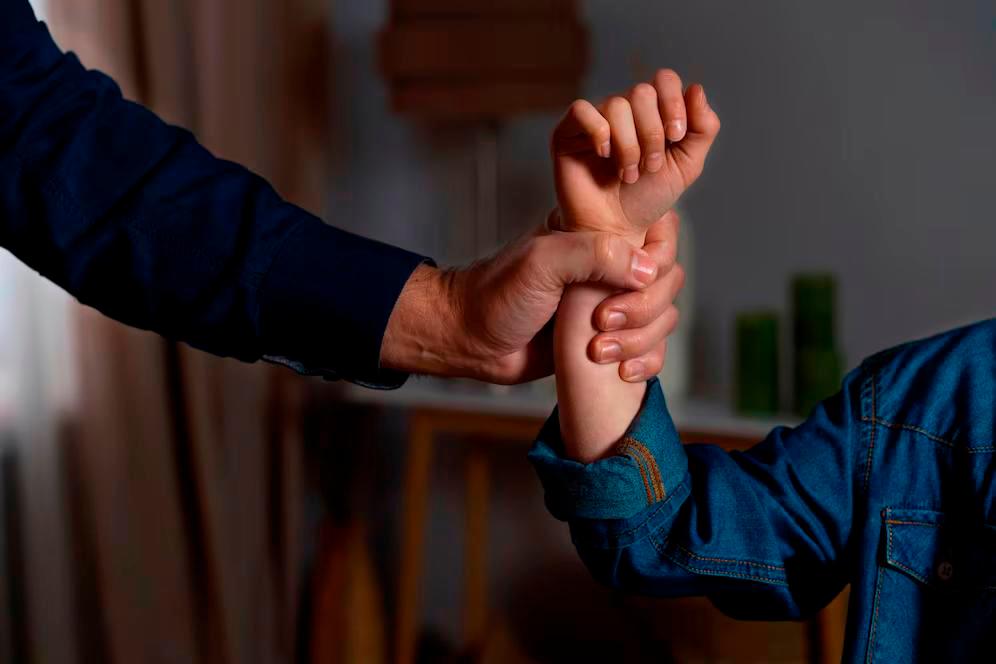PETALING JAYA: Bar Council Child Rights Committee chairperson Kokila Vaani Vadiveloo has warned parents to be vigilant about potential risks posed by predators targeting children on social media platforms.
“As parents become more familiar with technology, they are sharing images and creating stories online about their children, with some hoping to make money by increasing their social media followers and to work with brands.
“This is especially attractive among Malaysian parents because raising children today is very expensive.”
Kokila said while the phenomenon may seem harmless on the surface, potential dangers posed by child predators or paedophiles who target children on social media platforms are real.
She said Instagram, YouTube and TikTok offer avenues for fame and fortune, prompting many parents to capitalise on them to “sell” their children’s charm and charisma without fully understanding the risks involved.
Rupiny Sarventhiran, 32, said she created social media accounts for her two daughters, aged six and nine months, after being inspired by other celebrity and influencer parents.
“I manage my younger daughter’s account and allow my older child to use her account under my supervision. I share their daily outfits, milestones and special moments with the online community.
“I never imagined their accounts would gain so much attention as ‘baby influencers’, especially from local and international baby brands that are keen to collaborate through paid promotions.”
Rupiny said despite her daughters being dressed modestly in their photos and videos, she noticed an increase in the number of “saved posts” of them in beach attire, compared with their usual numbers.
“What made it even more alarming was that most of these saved posts were by men who were strangers. It left me feeling uneasy and suspicious about who was viewing and saving our content,” she said, adding that keeping her daughters safe and well has always been her priority.
“At first, I did not worry much about their social media accounts. But now, I realise the importance of being cautious. I have adjusted their privacy settings and restricted their audience to protect my daughters.”
Kokila said while promoting children on social media, parents must consider the presence of paedophiles, who can also be individuals willing to pay for advertisements.
“Paedophiles often lurk on social media. They take advantage of the innocence of a child by pretending to be friendly or promising fame. Then, they manipulate children into doing inappropriate things or sharing compromising material.”
She said some paedophiles may have fantasies involving infants or young children and saving baby posts allows them to indulge in these fetishes.
She also said they collect images of children for gratification, either as part of a broader collection of illicit material or as a means of reliving past interactions or experiences.
“In some cases, they save baby posts as part of their grooming process. They establish trust with parents or caregivers by showing interest in their children. This can be a precursor to exploit the child in future.”
Kokila urged parents to focus on the safety and well-being of their children, adding that they need to be aware of cyberbullying, online predators and inappropriate content.
She also said parents who allow their children to use social media should adjust the privacy settings and use parental controls to limit what minors can see or do online.
She added that by understanding these risks and establishing clear boundaries and guidelines, parents can help mitigate potential risks and keep their children safe.









